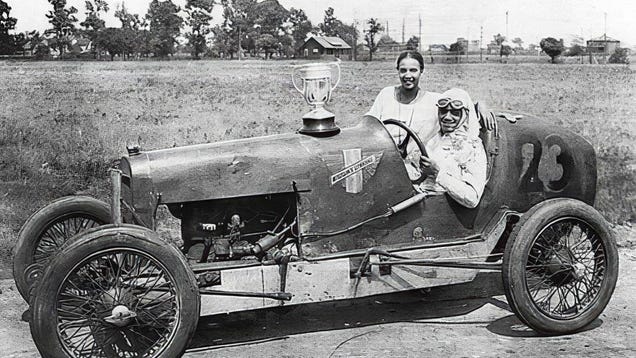The Impact of Racial Segregation in Motorsports in the 1920s
During the 1920s, racial segregation was a significant political issue in various aspects of society, including sports. This segregation also extended to the world of racing, where Black drivers faced discrimination and barriers to participation. One notable example of this discrimination was seen in the Indianapolis 500, where Black drivers were banned from competing.
The Ban on Black Drivers at the Indianapolis 500
The American Automobile Association, which was the sanctioning body for the Indianapolis 500 at the time, adamantly refused to grant racing licenses to Black drivers. This exclusionary practice not only deprived talented Black drivers of opportunities to showcase their skills but also perpetuated systemic racism within the sport.
Breaking Barriers and Overcoming Adversity
Despite facing immense challenges and discrimination, Black drivers persevered and fought against the odds to participate in motorsports. Their resilience and determination paved the way for future generations of Black racers and challenged the status quo of racial segregation in racing.
Continuing the Legacy of Black Racers
Today, the legacy of Black racers who defied racial segregation in motorsports continues to inspire and empower individuals from diverse backgrounds to pursue their passion for racing. By acknowledging and celebrating the contributions of Black drivers in racing history, we honor their courage and resilience in the face of adversity.
For more information on the impact of racial segregation in motorsports and the stories of Black racers who defied the odds, click here to read more.


